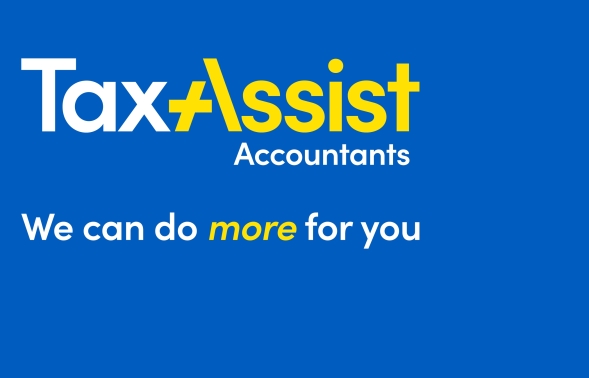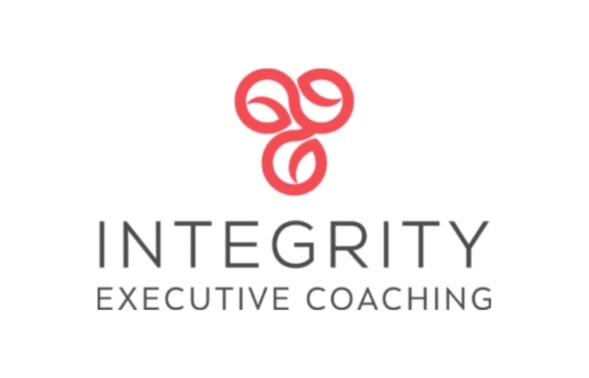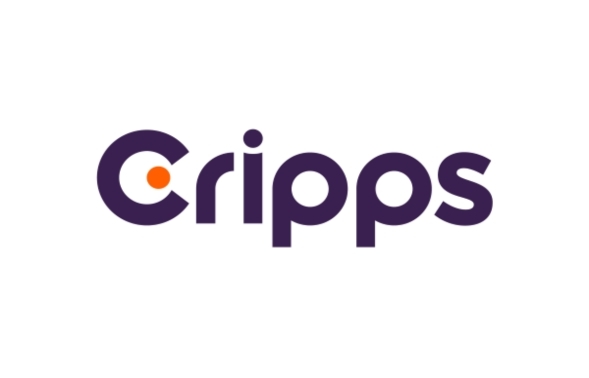
Brexit Deal: What we know
In December the UK government announced that it had finally reached a deal with the EU in respect of the mutual trading arrangements, amongst other aspects of the ongoing relationship, from 1 January 2021.
Under the agreement, goods originating from the UK or the EU will not be subject to tariffs, thereby providing for 'free trade' between the territories. The question of where goods originate from will therefore be very important, particularly where goods are assembled in the UK where the component parts may have been imported.
As expected there are exceptions and special rules for certain categories of goods ranging from medicines to motor vehicles.
Read our summary of what we know about the Brexit Deal.
Find out more about the Brexit Deal

Business Support Guide: Winter 2021
Since the onset of the coronavirus pandemic, many businesses and individuals have benefited from a range of schemes, including furlough grants for staff unable to work, grants for the self-employed, deferral of VAT and Income Tax payments and cheap, government-backed business loans.
With the second wave of coronavirus infections upon us, the whole of England entered a national lockdown from 5 January, while Wales, Scotland and Northern Ireland have imposed local or national restrictions for some weeks now.
In this newsletter we cover what has been announced so far on the various support measures for businesses.

Grants to support businesses in third lockdown
Following the national lockdown announcement, Chancellor Rishi Sunak announced that businesses in the retail, hospitality and leisure sectors can receive a one-off grant of up to £9,000.
The grant is to be provided on a per-property basis to help support businesses during the latest restrictions.
A £594 million discretionary fund has also been made available to support other impacted businesses and help to protect jobs. Businesses should apply to their Local Authorities.

How to make the most of the furlough scheme until April
The latest lockdown announced on 4 January 2021 means employers and employees will be depending on the Coronavirus Job Retention Scheme until the its end date, currently in April.
Companies can handle the complexity if they follow a few important rules. Be aware that application deadlines and eligibility criteria have undergone changes since the scheme began and we have summarised these in our blog.
Read more about the furlough scheme

Brexit: changes to VAT on services
There are significant changes to the movement of goods between the UK and the EU after Brexit but there are also changes to the VAT treatment of some services from 1 January 2021.
In addition the EU will introduce further changes to the VAT treatment of certain services on 1 July 2021 and these changes will affect some UK businesses.
This update looks at these changes to help you prepare:
Find out more about the changes

VAT changes to construction - Domestic Reverse Charge
After being delayed twice, the new VAT Domestic Reverse Charge (DRC) goes live on March 1st. It is the most significant change to VAT in construction services in 30 years.
From that date, sub-contractors in a Construction Industry Services (CIS) chain of supply will cease to collect VAT from other contractors. In its place a reverse charge system will apply. This makes the buyer of the sub-contractor's service liable for VAT accounting in place of the supplier.
The scope of the new legislation is wide and based on the definition of "construction operations" for CIS purposes. It encompasses construction services and associated goods supplied by contractors working on the construction, alteration, repair, extension or demolition of buildings and civil engineering works.

Top ten tips for the IR35 deadline: what businesses need to check
The changes to IR35 are due to come into force on 6 April 2021.
In spite of the ongoing pandemic the hopes of a further postponement by the government have not materialised, with the Chancellor taking the opportunity to raise an extra £1 billion in tax to cover the costs of Coronavirus.
With only a few months to go before the deadline approaches, here are some top tips that businesses in the private sector who use consultants should follow to ensure that they are complying with the changes.

Webinar: Off Payroll Workers (IR35)
Date: Thursday 25th February
Time: 10.00-11.00am
Delivery: Ring Central (registration required)
Join our MHA IR35 specialists to hear how the new rules will work, how they will affect your business and consider what you should be doing NOW to ensure that your business is compliant from 6 April.
Topics include:
- Labour supply issues
- Business continuity issues
- Liabilities to PAYE / NIC plus interest and penalties

Planning for business success in 2021
We have to admit that last year we did not predict the Coronavirus pandemic and the devastation we have endured. We did foresee Brexit disruption, and this looks like it will be the case until systems are in place for as "smooth as possible" travel and trade.
The restrictions, in varying tiers, will continue to be in place for at least the first six months of 2021 and will only ease up when mass vaccinations have been done. This will impact hospitality, retail, personal services and travel businesses the most. We hope many of these will "bounce back" later in the year. The lockdown has altered consumer behaviour and we predict further retail evolution as a result.
It may also be that working from home will become the "new normal" for many smaller service-based businesses. This offers reduced office costs and more flexibility. New and enhanced "work from home" security and collaboration software will develop further, and we encourage businesses to review their internet security regularly.
Read more on making a 2021 plan

How cash flow forecasts can help you
Managing cash flow is a vital part of running a successful business, even more so in the current economic climate and uncertainty.
Often there is the misconception that managing cash flow simply means keeping track of how much money enters and leaves a business, but there's actually more that goes into it.
Cash flow forecasting is an incredibly valuable tool that helps you anticipate cash flow issues, plan for days when your cash flow is limited, and show the bank that you are prepared.
It's an important process that you shouldn't ignore. We outline some ways cash flow forecasts can help business owners and entrepreneurs alike.
Find out more on cash flow forecasting

Our 2021 Manufacturing and Engineering Survey is now open!
It's a challenging time for the manufacturing sector and the wider world as the COVID-19 pandemic continues to impact our daily and working lives. Last year, we undertook a national sector health check survey asking manufacturing firms across the UK how they have managed through the crisis.
We are now running a second Manufacturing & Engineering temperature check to help us compile the latest nationwide picture of the state of the sector. This mini survey focuses on the impact of COVID-19 on the sector and how firms are responding to Brexit and industry changes.
The survey should take you no longer than 1 minute for you to complete. It will be used to compile benchmark data, which will help us better understand how the sector is responding to current challenges.

The pros and cons of being a charity
Many charitable causes start off being organised and run by a small informal group, such as within a family or community, with no formal structure. However, as things grow, or there is a desire to apply to public grants or other funding, a more formal vehicle for the good cause may need to be considered.
There are lots of things to think about when setting up a new entity. One of the first things to consider is the type of entity that you will be set up as. This could be a limited company, limited liability partnership, a community interest company or a charity, to name a few. Each type has different benefits.
We have considered the pros and cons to setting up as a charity.

MHA Carpenter Box Financial Advisers news update
Read the January newsletter!
2020 has been a year like no other, and yet the majority of world stock markets have enjoyed a good year. It was also a good year for Joe Biden, who defeated Donald Trump in November's Presidential election, and for supporters of Brexit.
Finally, some 4½ years after the Referendum a deal was agreed with the European Union.
This newsletter covers:
- Recent financial movements within the UK, including industry updates and the state of the economy
- Brexit, trade and European news
- A global overview: the US, Far East and Emerging Markets
- World stock markets in 2020

Events:
- Off Payroll Workers (IR35) - 25 February
Resources:
- Business Support Guide: Winter 2021
- Brexit Deal: What we know
- MHA Construction Sector Report 2020
- MHA Legal Sector COVID-19 Survey Report
- MHA Real Estate Matters - Issue 16
- MHA The Engine - Issue 8
- Not for Profit Update - December 2020
- Academy Advisor - Winter 2020/21
- MHA Agriculture & Rural Business Newsletter - Issue 1
- Financial Update January newsletter
- The Momentum of Electric Vehicles
- Tax Rates 2020-21
For a full listing of our resources and information sheets, visit our resources page on the MHA Carpenter Box website.

31 Jan 2021
- Electronic self-assessment tax return
- Payment on Account for income tax for 2020/21
- Private company accounts filing deadline for periods ended 31 January 2020 (due to temporary filing modifications re COVID-19)
- Corporation tax return filing deadline for periods ended 31 January 2020
01 Feb 2021
- Corporation tax payment due for year end 30 April 2020, for those companies not liable to pay their liability by instalments
07 Feb 2021
- Due date for December VAT returns unless exempted
19 Feb 2021
- Monthly postal PAYE/class 1 NICs/student loan payment
- CIS return
22 Feb 2021
- Monthly electronic PAYE/class 1 NICs/student loan payment
28 Feb 2021
- Filing deadline for corporation tax return self-assessment form CT600 for period ended 29 February 2020
- Company accounts filing deadline

















